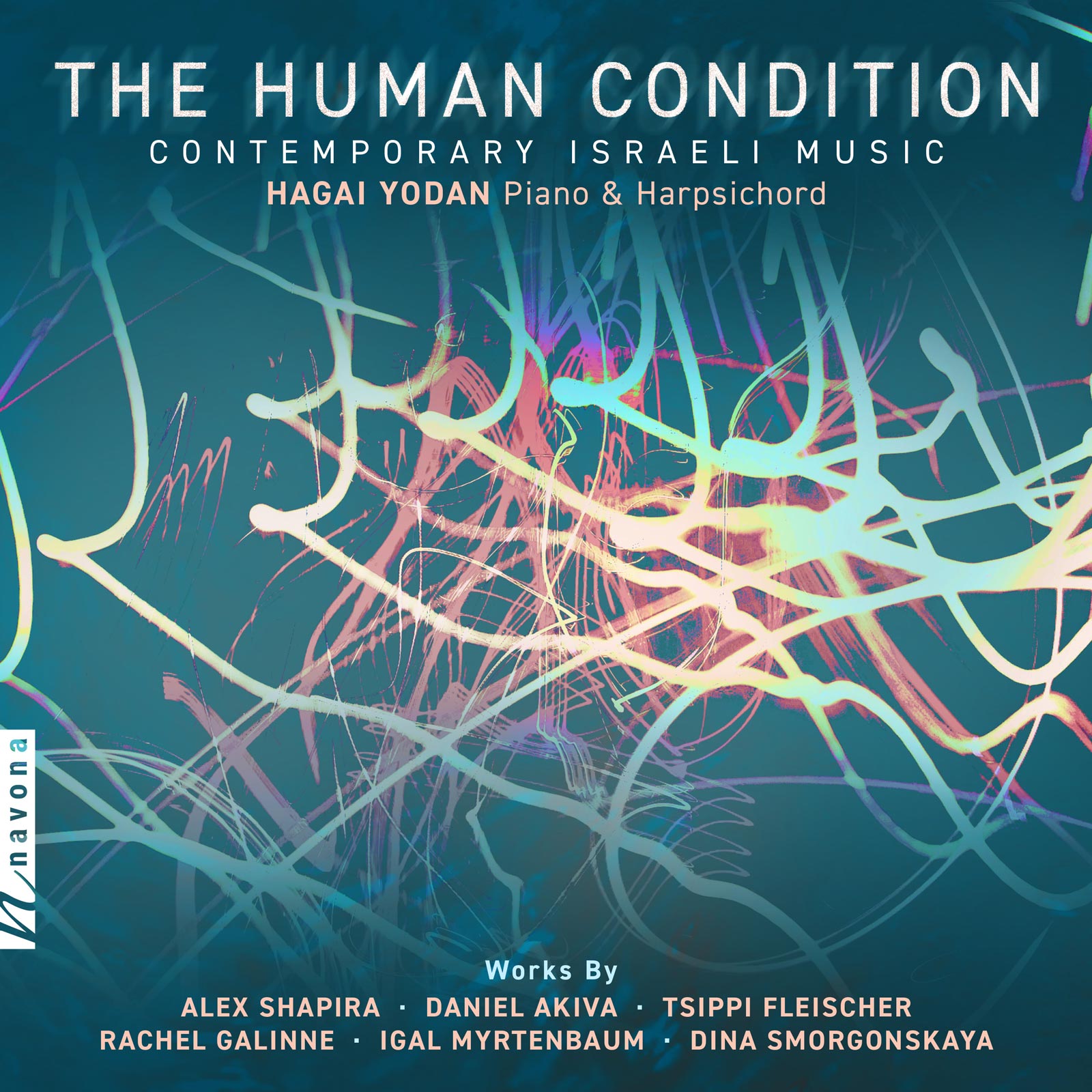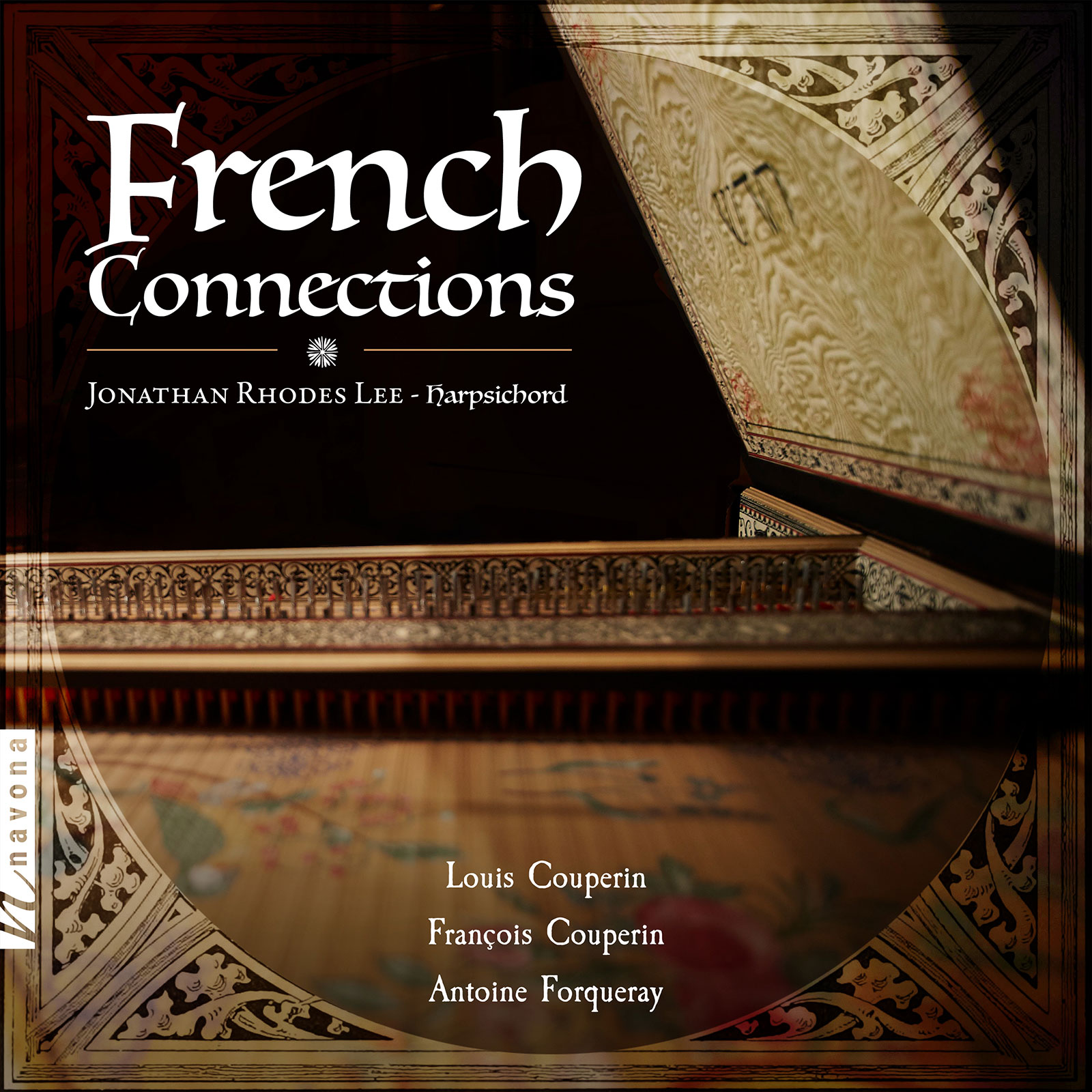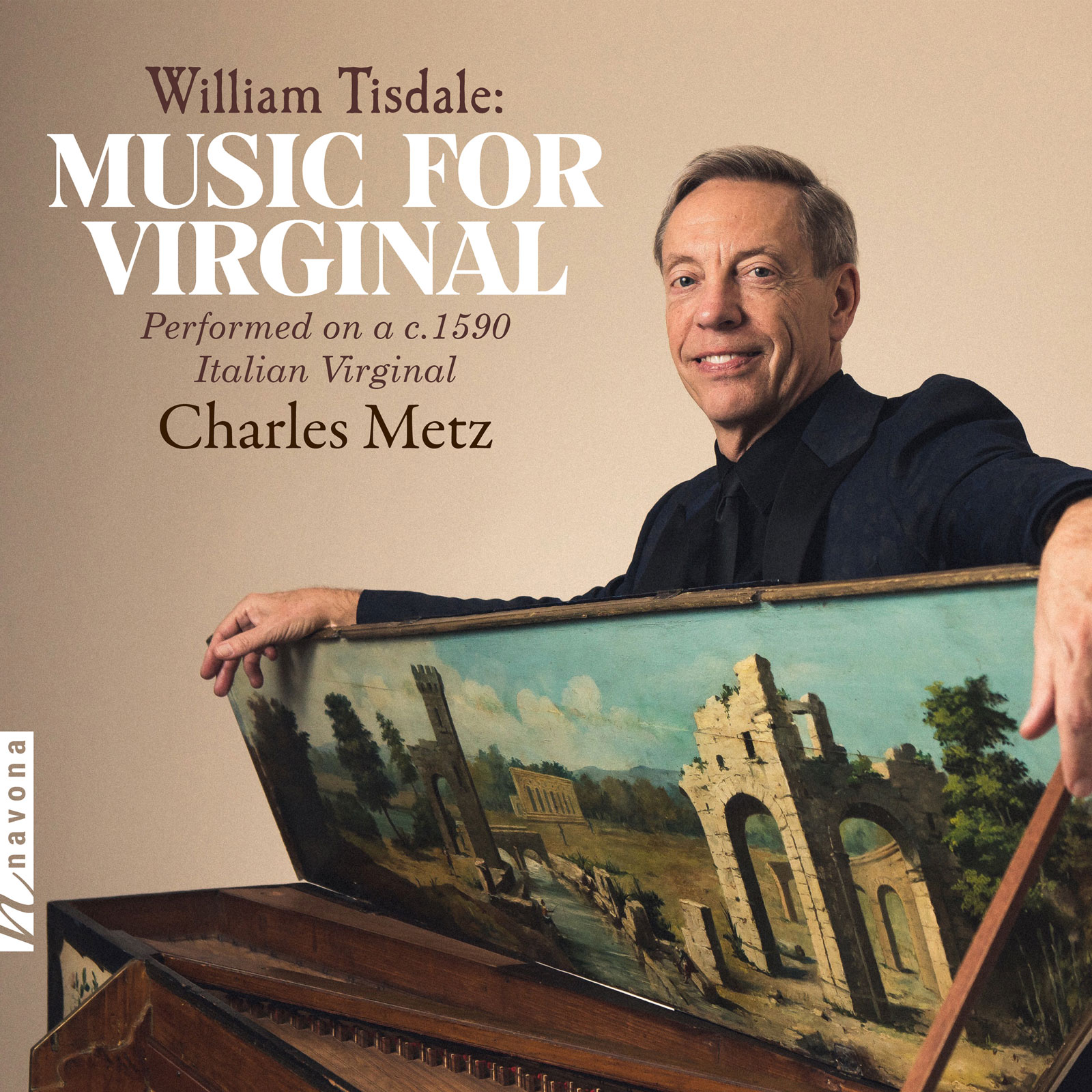The Human Condition
Catalog #: NV6501
Release Date: February 10, 2023
20th Century21st CenturySolo InstrumentalHarpsichordPianoNothing has ever gripped intellectuals as firmly as reflections about the conditio humana, with all the perceptions, joys and miseries it entails. Israeli pianist and prolific recording artist Hagai Yodan sounds the depths of existence on his new release, THE HUMAN CONDITION, and with great panache. Featuring both piano and the harpsichord, Yodan skillfully navigates through the seas of Being as described by no fewer than six international composers. There is a persistent sense of melancholy, but also of truculence and a certain rage de vivre – an indomitable will to live. In this, THE HUMAN CONDITION isn't merely another contemplation; it's a self-assured declaration.
French Connections
Catalog #: NV6389
Release Date: December 10, 2021
BaroqueSolo InstrumentalHarpsichordNavona Records presents FRENCH CONNECTIONS, a new album of French works for harpsichord performed by Jonathan Rhodes Lee. The pieces selected for this collection celebrate the small, tight-knit pantheon of 17th-century French harpsichordists who helped shape the instrument’s repertoire. While the total output of these composers would make for countless hours of listening, FRENCH CONNECTIONS offers a taste of this expansive body of work. Music by Louis Couperin (c. 1626-1661), François Couperin (1668-1733) and Antoine Forqueray (1672-1745) comes alive through masterful performances by Lee, with recordings engineered and mastered by multiple GRAMMY-winning classical music producer Brad Michel.
Music for Virginal
Catalog #: NV6330
Release Date: February 12, 2021
RenaissanceSolo InstrumentalHarpsichordNavona Records proudly presents TISDALE VIRGINAL BOOK from harpsichordist and early keyboard specialist Charles Metz. The album features historical repertoire seldom heard even by Early Music aficionados, all performed on a painstakingly restored Francesco Poggi virginal built c. 1590. The virginal, a member of the harpsichord family, was popular in the late Renaissance into the early Baroque period.
Genre: Solo Instrumental
Filter By:
-
Musical Period
- 20th Century
- 21st Century
- Baroque
- Renaissance
Filter By: Period -
Solo Instrumental
- Solo Instrumental
Filter By: Genre -
Harpsichord
- Harpsichord
- Piano
Filter By: Instrumentation -
Collection
Filter By: Collection
©2024 Navona Records. All rights reserved. Website by PARMA Recordings. | Privacy Policy



